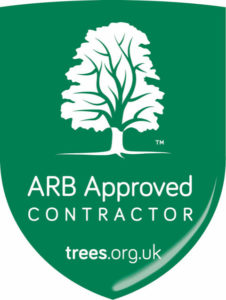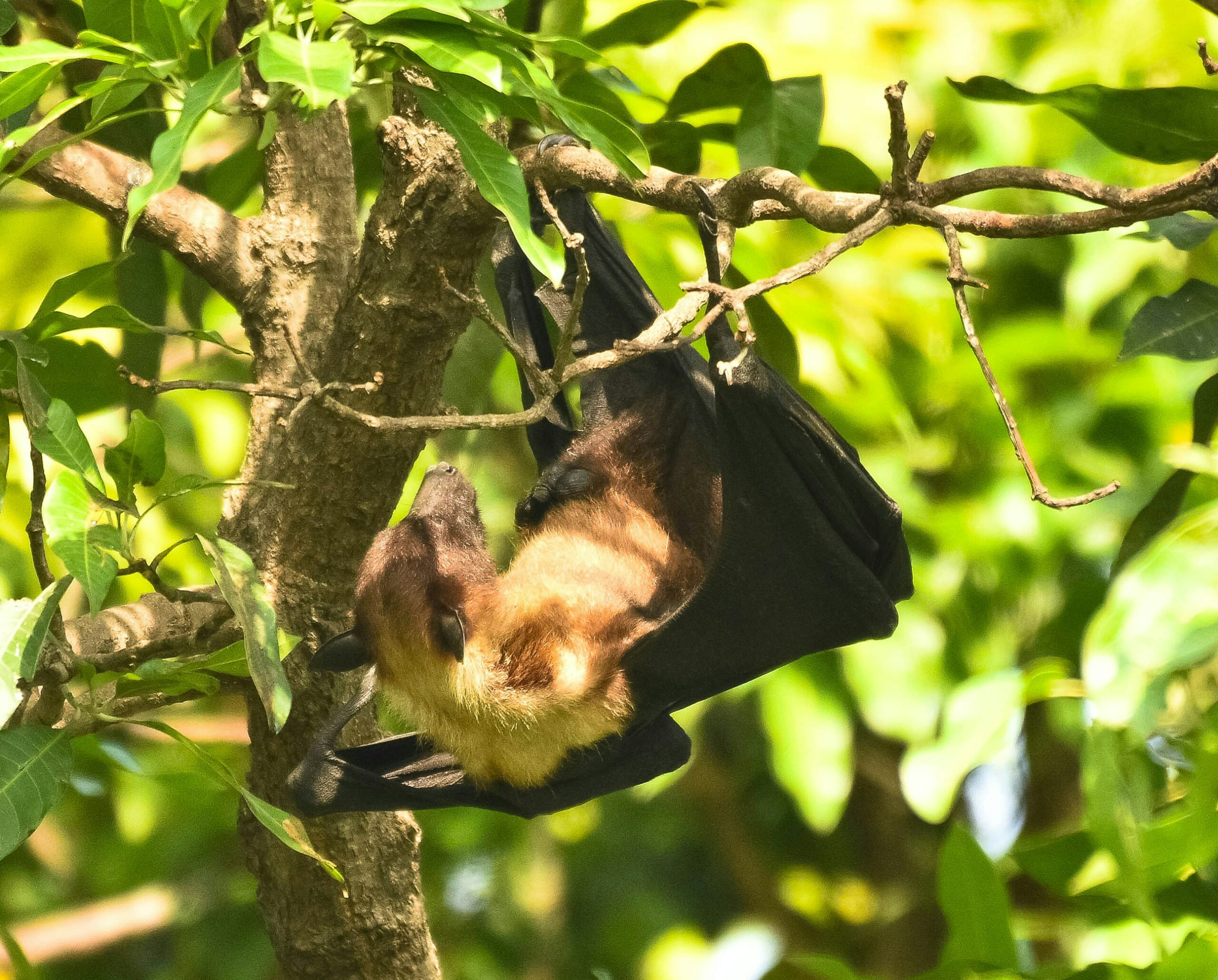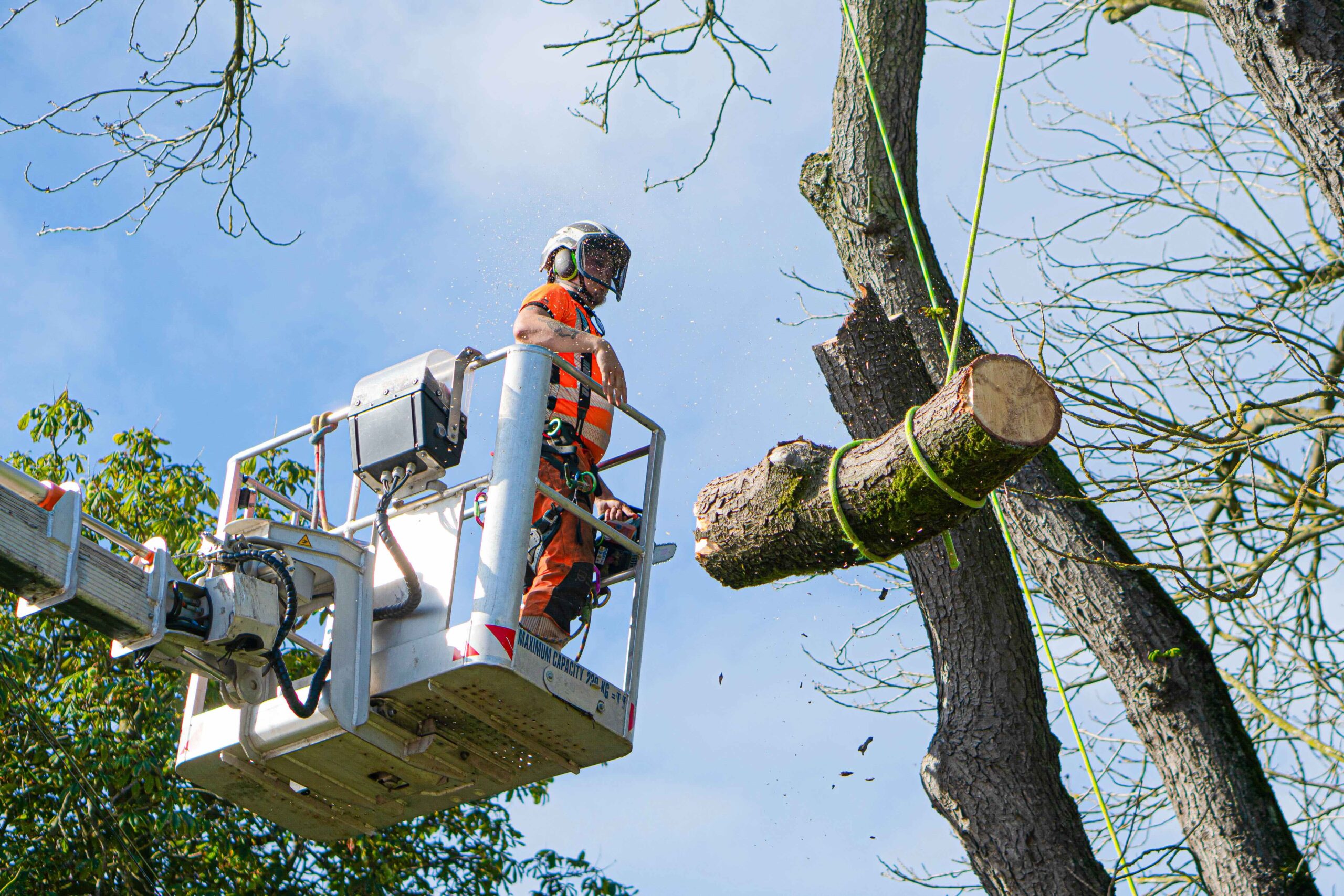Over the last century, native bat populations in the UK have declined dramatically. Habitat destruction, along with widespread misconceptions, has taken a serious toll. As a result, bats are now protected by law – but they still need our help.
Bat conservation and the law
The UK is home to 18 native bat species, all protected under the Conservation of Habitats and Species Regulations 2010 and the Wildlife and Countryside Act 1981. These laws don’t just protect bats themselves but also their roosts, with hefty fines and even prison sentences for those who cause harm.
While 18 species are recorded, only 17 are confirmed as breeding populations. The Greater Mouse-eared bat was thought to be extinct in the UK until a lone male was discovered in West Sussex in 2002. For years, he was believed to be the last of his kind – until January 2023, when another bat was found. In a remarkable turn of events, two more were recorded in January 2025, including a breeding female in Kent, giving fresh hope for the species’ revival.
The role of tree surgeons in bat conservation
As professional arborists, we take bat conservation seriously. Bats often roost in trees, so before carrying out any work, we collaborate with ecologists to conduct ecological impact surveys. These surveys help identify bat species, population numbers, and roost locations, ensuring any work we do is legal and minimises disruption.
We take several precautions to protect bats, including:
- Using quieter electric or manual tools to reduce noise pollution.
- Scheduling work for September and October, avoiding breeding and hibernation seasons.
- Implementing “soft felling” – a method where trees are carefully dismantled and left overnight, allowing any roosting bats to evacuate safely.
Are bats dangerous?
Bats are often unfairly feared due to myths about disease. While they can carry bat lyssavirus (a form of rabies), this is extremely rare. Unlike the rabies associated with larger mammals like foxes, typical rabies has never been recorded in UK bat species. The risk to humans is negligible unless bitten or scratched – so the best approach is to avoid handling bats altogether.
Choose a wildlife friendly tree surgeon
If you’re in Norwich or the surrounding areas and suspect a tree on your property may host bats, our team at Dr Stump Ltd can advise on how to protect them while ensuring any necessary tree work is carried out responsibly. Get in touch today via 01603 358778, Whatsapp, or our online enquiry form.




